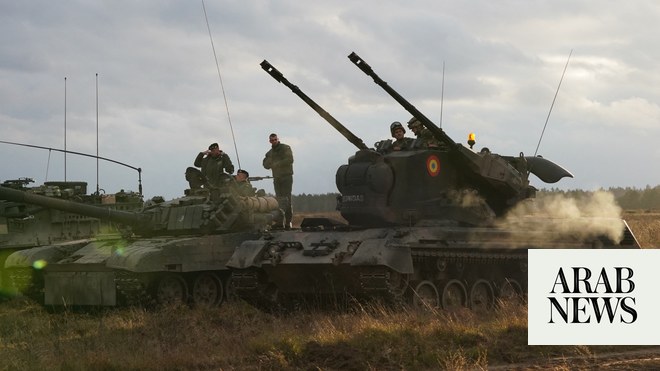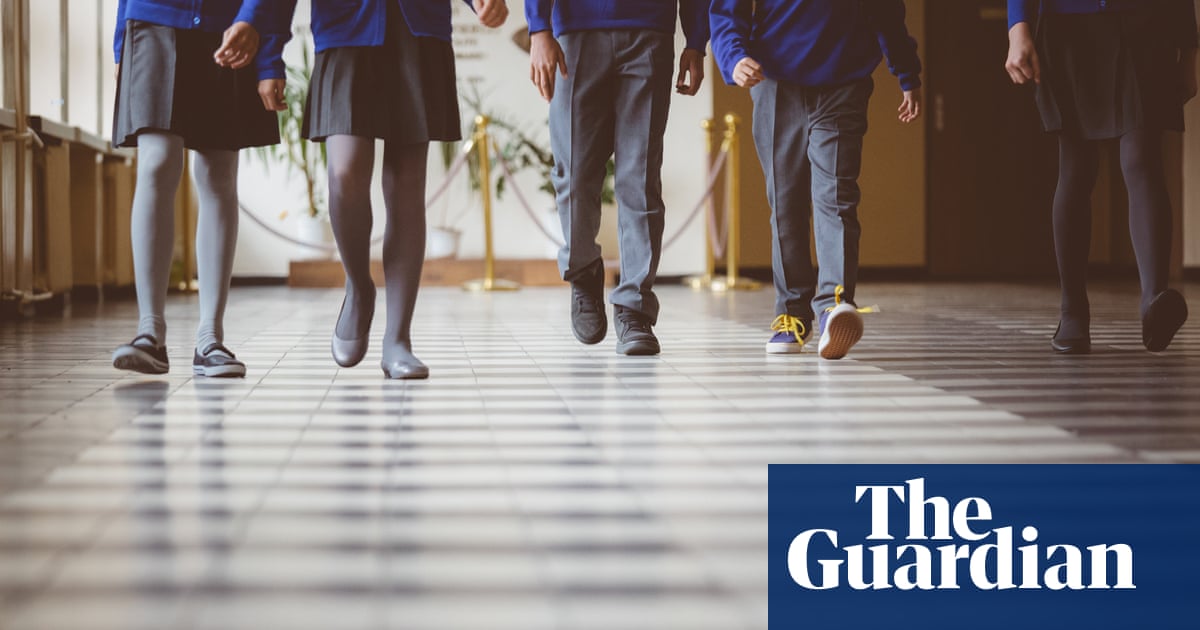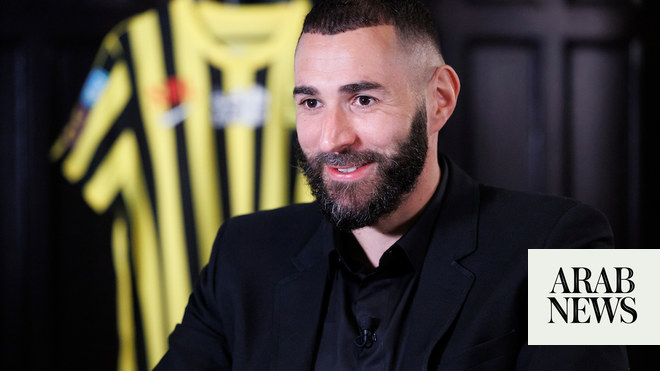
Politicians and community leaders are calling for the history of black and Asian soldiers who fought for Britain in the world wars to be taught more widely in schools to help tackle ignorance, racism and anti-Muslim prejudice.
Speaking on the 110th anniversary of the first Muslim to be awarded the Victoria Cross, leading minority ethnic voices have said that raising awareness of black and Asian service men and women could help tackle racism and anti-Muslim prejudice after this summer’s riots.
Qari Asim, an iman in Leeds and the chair of the Mosques and Imams National Advisory Board, the Labour MP Calvin Bailey, who chaired the RAF ethnic minorities network, and Sayeeda Warsi, whose two grandfathers fought in the second world war, have come together to highlight the story of Khudadad Khan.
Khan, a machine-gunner, was injured on 31 October 1914, while trying to prevent German troops taking vital ports in France and Belgium. As the line was pushed back, Khan, who was wounded and outnumbered, held off the German advance long enough for Indian and British reinforcements to arrive. He was the sole survivor of his team.
Khan was presented with the Victoria Cross by King George V in 1915 while recovering from his injuries at a hospital in the UK. He was the first Indian soldier to receive the award. After the war, he returned to Pakistan, then India before it had been partitioned. His Victoria Cross is now displayed as part of the Ashcroft Collection at the Imperial War Museum in London.
Campaigners are calling for stories like Khan’s to feature prominently at next year’s 80th anniversary commemorations of VE Day.
Asim said: “It was frightening this summer to see a toxic minority attacking mosques and threatening Muslims in their community. If they knew this country’s history – what Khudadad Khan and thousands of other Muslim soldiers did for Britain in the world wars – perhaps they would think differently.
“We should do more to raise awareness, among Muslims and non-Muslims alike, of this service and sacrifice. We are all part of Britain’s history and that’s something we can commemorate together.”
Bailey said: “Khudadad Khan’s bravery is a symbol of the shared history that explains who we are today. The service of men and women from Africa, Asia and the Caribbean was a massive part of the victories in both world wars. This is one of the many great stories that need to become well known.
Lady Warsi said: “We saw the very worst of Britain this summer, as an angry few turned their anger first on ethnic and faith minorities, and then on the police doing their job to protect people.
“Next month we will remember the men and women whose service and sacrifice helped defend our freedoms. Those armies in the world wars included men like Khudadad Khan and soldiers from Africa and the Caribbean; they included both my grandfathers too. Then, as now, Britain is at its best when we stand together.”
Research earlier this year by Focaldata for British Future found that more than three quarters of the public (77%) agreed it is important for integration today that children are taught in school about this shared history, while 85% agreed all those who fought for Britain in the world wars should be commemorated regardless of where they came from.
Most of the public (54%) agreed that the contribution of Commonwealth soldiers in the first and second world wars is not talked about as much as it should be.
Sunder Katwala, of the thinktank British Future, said: “The story of Khudadad Khan and others like him should be on the school curriculum. And commemorating all those who served, from all backgrounds, could make Remembrance Sunday a moment that brings people together across communities.”












